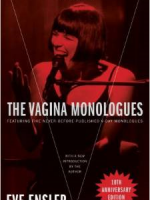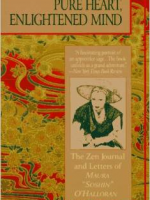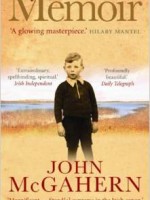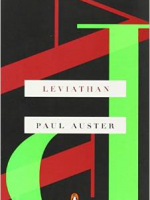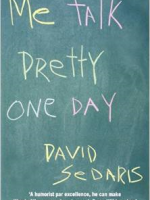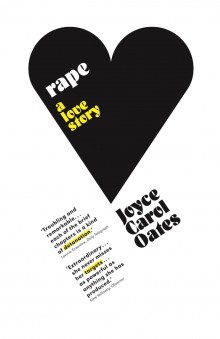 Rape
Rape
Biography
2006
154

With a title as provocative, and contradictory, as Rape: A Love Story, Joyce Carol Oates sets herself a difficult task. How do you write about the experience of rape, and how, in any sense, can it be about love? It’s worth pointing out that although the novel is fiction, for thousands of women there will be nothing unreal about it.
Determined to pull no punches, Oates cuts straight to the chase with a powerful opening line:
- “After she was gang-raped, kicked and beaten and left to die on the floor of the filthy boathouse at Rocky Point Park”
From there, she details a crime and in its effects on the people involved. Teena Maguire is a single mother who is good-looking, outgoing and well liked. She happens to be pretty, look young and can get away with dressing like a younger woman. On the 4th of July, she makes a wrong decision: she and her 12 year old daughter walk a more isolated route home from Teena’s boyfriend’s party. They are pursued in a pack by a gang of drunken youths who rape Teena. Her daughter Bethal is beaten up and hides in the boathouse while her mother is attacked.
Finally, when Teena is left for dead, Bethal encounters Officer Dromoor in a police patrol car and raises the alarm. Like many rape victims, the physical nightmare has ended but more trauma lies ahead. In a small town, everyone knows both victim and perpetrators. Oates demonstrates the effect of the crime on everyone – mother, daughter, rapists, their families, the police, even the whole community at large. She captures the sense of claustrophobia acutely, fuelling the divisiveness of a case when people forget right and wrong in the face of small town loyalty.
From the night of her attack, Officer Dromoor, who Teena had chatted up once before, becomes a protector of the Maguires. Gulf War veteran, married man, blue-collar guy – Dromoor is a typical American male. His own unhappiness and his sense of justice combine to see the right thing done by Teena. After their initial encounter where he admits that he’s married, they agree nonchalantly to be friends. Although they don’t see each other again until the night of the rape, the extent to which he is prepared to be a ‘friend’ is massively expanded.
This is also one of the most interesting contrasts in the book, that of good men -Dromoor, Casey (Teena’s boyfriend) and Walt Pick (father of two of the rapists) – with the bad men. The concept of what people are prepared to do for others becomes skewed, and without giving too much away, Oates avoids moralising of any of the characters or situations. Which is why this book works so well. Oates avoids the well-trodden clichés of whether dressing provocatively or being a sensual person are grounds for “asking for it”. Never in the book, does she judge or lead the reader, she merely tells a story.
The book is presented as a work of fiction and is delivered in an almost journalistic style, particularly when the initial case hearings are described. It has its own parallels in fiction and factual writing. The opening chapter reads like a real-life story from The Vagina Monologues and the juxtaposition of story-telling and legal reportage recalls Truman Capote’s excellent ‘In Cold Blood‘. From start to finish, the book is very filmic, not least because the writing has a taut, script-like quality and because of similarities to The Accused. Many of Dromoor’s key actions take place away from the narrative (off-camera?) and readers are left to draw their own conclusions.
It is a tense read, perfectly paced and because the reader doesn’t know what to expect at every turn, it’s hard to put down (I read it in one sitting). The individual chapter headings are intriguing. The way they appear on the page almost makes each ‘chapter’ a stand-alone short story. The narrative constantly jumps around and is told from several perspectives, but increasingly from Bethal’s point of view. By doing this Oates is possibly trying to make the point that witnesses of violent crime are victims too and can be more affected by horrific situations than we give them credit for.
This is a very powerful, but non-polemical story that manages to be a deftly written page-turner too. ![]()
